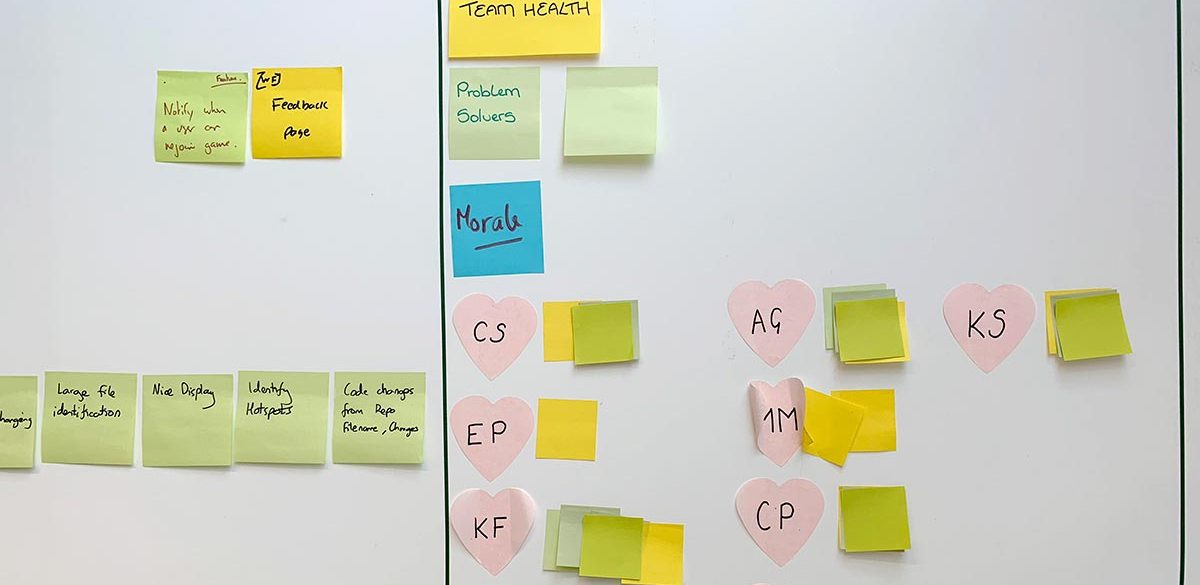
With more and more organisations transitioning to agile practices so they can optimise ways of working and improve effectiveness, there are very clear reasons how agile can support mental health and reduce stress too.
Here are eight ways that we’ve found agile can help promote positive health and wellbeing at work, both in the office and working remotely:
Teams and relationships
People no longer work solo. Agile practices are founded on collaborative teams working together and sharing the load to deliver against team level goals, not individual.
We know historically, the silos and individual task pressure can lead to overload which is one of the leading causes of stress and consequent mental health problems.
Collaboration can also bring improved work-life balance and team spirit as teams have more choice on when, where and how they will work and collaborate. For example, working parents can flex work time around childcare whereas other workers might prefer working late into the night.
Autonomy and control
In agile teams, people have more input on the tasks they pick up within their team, and also have a say on how work is performed, with teams then collectively deciding what is prioritised.
This autonomy and control of what is prioritised can reduce stress on team members, so they are able to apply their best skills and capabilities.
Daily support
Team members need to know they have support to deal with their problems as they arise. The daily stand up is a super simple routine that means no problem goes more than 24 hours without it being raised to the team.
The wider team can then help or the Scrum Master role is there specifically to guide and support the team and help address their blockers and problems.
Visibility and transparency
Unknown work, constantly changing priorities and requirements and unexpected workloads can be a major point of stress for teams.
Visual tools like the Kanban board ensure all the work is visible and there are real clear expectations on the team and the work to be done.
Intelligent planning
Sprint planning is all about selecting the right amount of work a team can deliver within a sprint.
As teams start measuring their ‘velocity’, workloads can be planned to match their velocity, so no extra pressure is placed on people and they are expected to work to their natural pace and capacity.
Smaller, frequent deliverables
Big, long deadlines and deliverables are a major cause of stress, with work often building up that leads to last minute cramming to meet deadlines.
Agile working advocates breaking work down into small, manageable chunks and delivering these in a constant flow, thus reducing the build-up and stress.
Iterative
There is often pressure to get things perfect first time – an obvious point of stress. Agile practices also advocate continuous, iterative delivery of work, taking on board feedback and improving over time, removing the stress of the one ‘big bang’ reveal.
Routines & habits
People like clear, structured routines and constant changes to working habits can cause uncertainty and anxiety, so the regular rhythm of the scrum ceremonies builds that consistency and helps to minimise stress levels.








